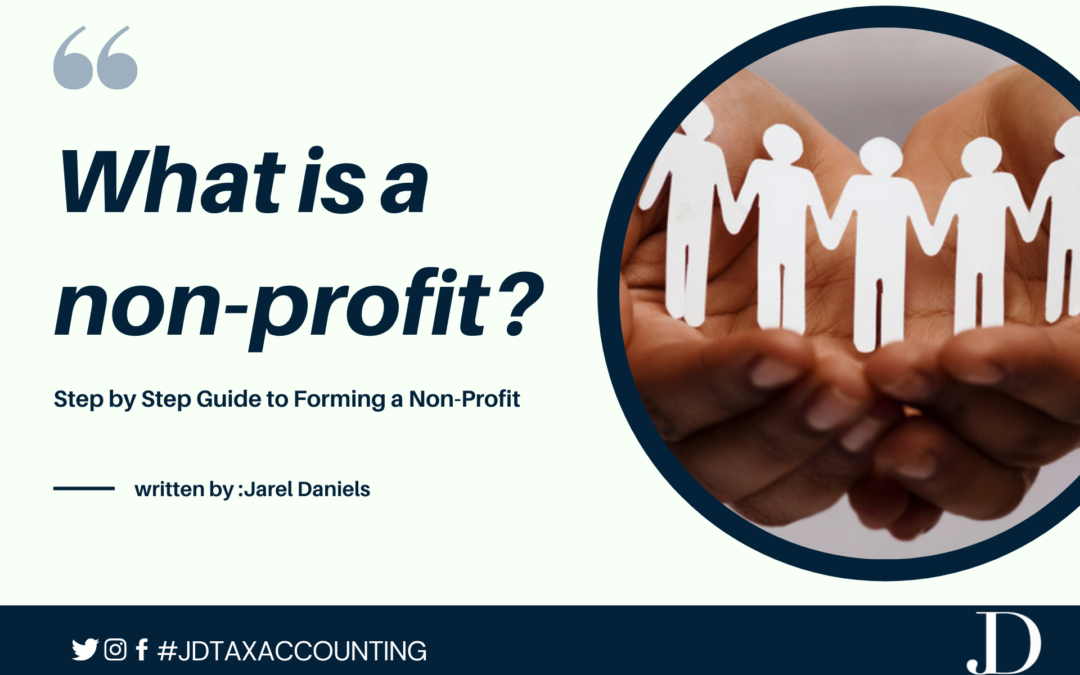What is a Non-Profit Organization?
A non-profit organization (NPO), or a foundation, is a business but is established for a more significant social cause. It is born out of the owners’ strong advocacies, and because of this, it impacts significantly on the general public. The Internal Revenue Service (IRS) has long granted tax-exempt for non-profits because of this matter. Moreover, people who share a light on the organization make donations usually tax-deductive to the owners. Other things include conducting fundraising activities, which are exempt from tax deductions.
The organization must serve the public and must advance their advocacies, whether it be religious, social, literary, educational, etc., but never political. For transparency, the owners must make their financial and operational information available to the public so that the donors and the to-be donors may see how their investments are being used.
Different Types of Non-profit Organizations
- Section 501(c)(4): civic leagues and social welfare organizations, homeowners’ associations, and volunteer fire companies.
- Section 501(c)(5): such as labor unions
- Section 501(c)(6): such as chambers of commerce.
- Section 501(c)(7): such as Social and Recreational Clubs
- Section 501(k): childcare-related organizations.
Advantages and Disadvantages of a Non-Profit Organization
Non-profit organizations have many purposes and functions in society, and they serve the needs and interests of millions of people in the United States and abroad. However, non-profits are not without their disadvantages, stemming from funding issues to social pressure. Some of the advantages are:
-
Financial benefits
When donations to an organization are tax-deductible, donors have an incentive to contribute. Non-profit organizations may be given favorable terms and discounts by landlords, service providers, and retail companies. IRS-recognized non-profit 501(c)(3) public charities do not have to pay corporate income tax.
-
Employee commitment
Many employees who work for non-profits have a personal interest in and commitment to the organization’s cause. Here is the advantage of employing workers who believe in the non-profit’s mission, values, and philosophy. In addition, employees with a personal interest may have a better understanding of the structure and processes of a non-profit organization.
-
Protection from liability
As a non-profit, Incorporation can protect an organization’s founders, officers, and workers from personal liability for their debts, including fines and lawsuits. This protection is particularly crucial for charitable organizations that work directly with the public.
-
Intrinsic rewards
Non-profits and their employees reap intrinsic rewards from the satisfaction of helping clients and community members who cannot fend for themselves. This is a distinct advantage for non-profits and the people associated with non-profit organizations.
Although it exists to serve society, it also has its fair share of disadvantages. This includes:
-
Social pressure
Potential backlash and social fracas plague some non-profit organizations whose missions are considered extreme, based on fundamentalist beliefs or progressive attitudes.
-
Limited funding
Fund development and fund-raising can be a non-profit organization’s greatest challenge, particularly during an economic downturn and high unemployment rates. Some non-profits are forced to discontinue services to populations in need when the non-profit itself lacks funding.
-
Public scrutiny
The organization must make its financial statements available to the general public: While this type of accountability can have its benefits, it can also, in some cases, result in unflattering press coverage, particularly if the organization is experiencing financial or administrative challenges.
Starting a Nonprofit Organization
Starting a non-profit can be a very fulfilling and impactful way to serve a mission and help the public. It also takes considerable expertise, time, money, and strategic resources. A non-profit designation and tax-exempt status are given only to organizations that further religious, scientific, charitable, educational, literary, public safety, or cruelty-prevention causes or purposes.
Examples of non-profit organizations include hospitals, universities, national charities, churches, and foundations. Before it can receive a tax exemption, an organization needs to request 501(c)(3) status from the IRS. Once registered and running, the organization must maintain compliance with the appropriate state agency regulating charitable organizations. This often requires a dedicated CIO and accounting team.
References
Kenton, W. (2020 April 29). Non-profit Organization (NPO). Retrieved September 28, 2020 from: https://www.investopedia.com/terms/n/non-profitorganization.asp
Mayhew, R. (2019 February 19). Advantages & Disadvantages of Non-profits. Retrieved September 28, 2020 from: https://smallbusiness.chron.com/advantages-disadvantages-nonprofits-11430.html
What Is A Nonprofit? Explanation of the types of non-profits, definition, and the difference between “Public Charities and Foundations”. (ND). Retrieved September 28, 2020 from: https://www.foundationlist.org/news/what-is-a-nonprofit-the-types-of-nonprofits-definitions/


